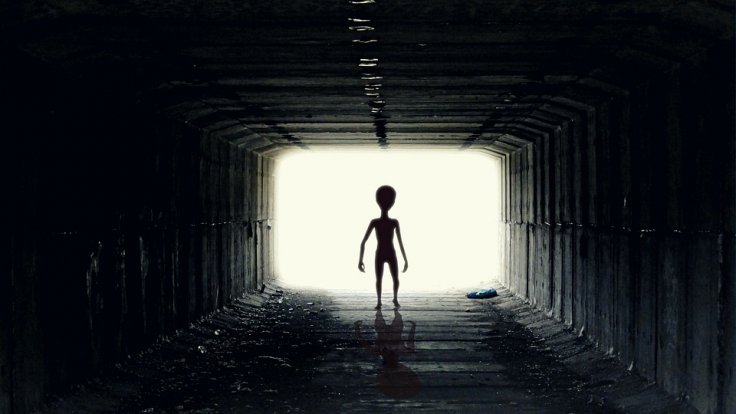
It was around a few weeks back that Dr Jim Green, a chief scientist at NASA, talked about the discovery of alien life. Jim Green revealed that extraterrestrial existence on Mars will be discovered within 2021, and he also made it clear that the public is not ready to accept the facts surrounding alien life.
But now, Sara Seager, an astronomer at the Massachusetts Institute of Technology, has revealed that the discovery of alien life will be slow and uncertain. Seager, who focuses on detecting exoplanets, made these remarks while talking at the International Astronautical Congress in Washington held last month. The astronomer added that a slow discovery of alien life could make it easier for people to process it.
"It's probably something that's going to be a slow discovery, not like the little green humanoids arriving here on Earth scaring everybody. It's probably going to take a long time. If we see all the signs — it's not for this audience, but enough to just know that there's life out there somewhere. I know this is an unsatisfying answer," said Seager, Space.com reports.
A few weeks back, another study published in the journal Nature had suggested that the mere presence of water in distant bodies cannot be considered as an indication of alien life in distant planets. Scientists made this conclusion after analyzing living forms in Ethiopia's Danakil Depression, an extreme location on earth that is home to the world's most acidic, saltiest and superheated water. In this area, signs of life were less, and it indicates that just water presence is not sufficient enough to harbor life.
The study report also noted that alien life forms may thrive in harsh environments in other planets, but the same conditions may kill living beings here on earth. In the same way, extraterrestrial beings that survive in harsh conditions may not survive the conditions here on earth.









